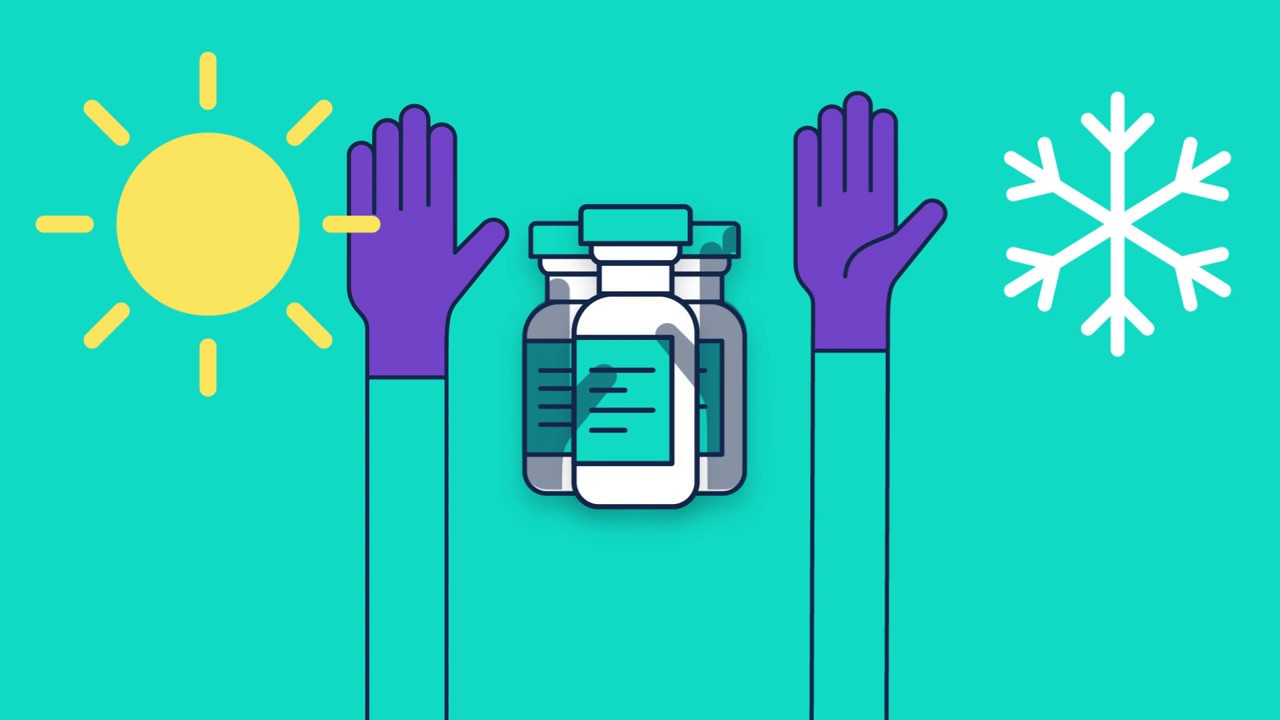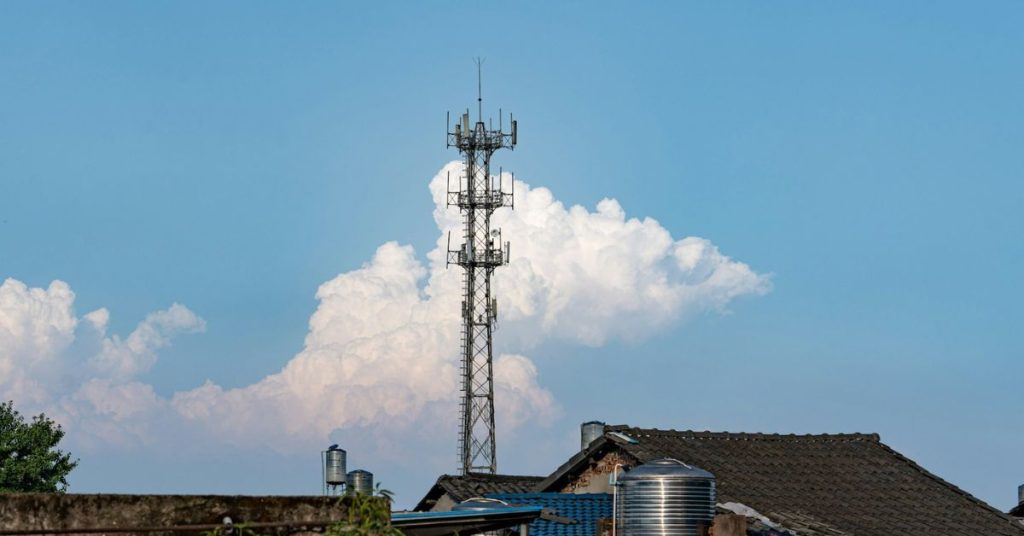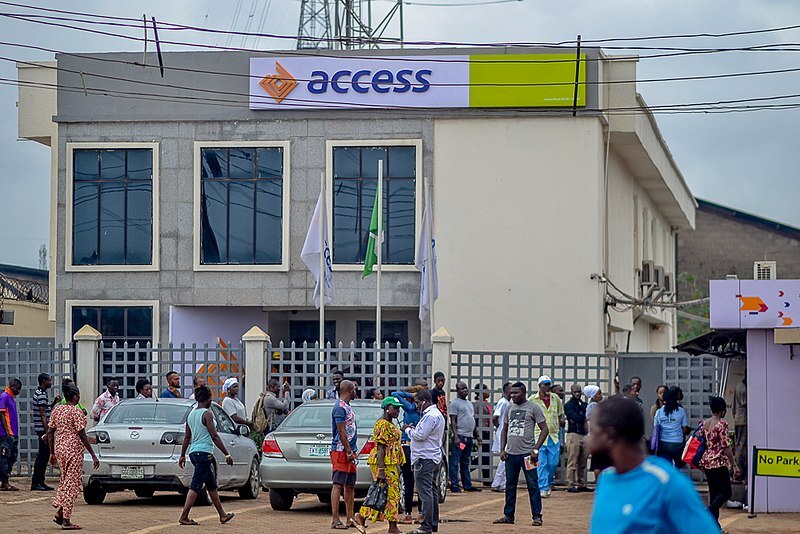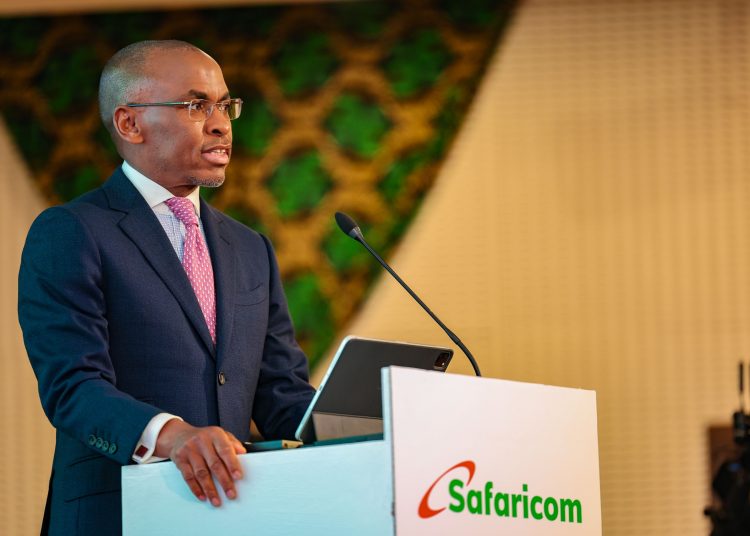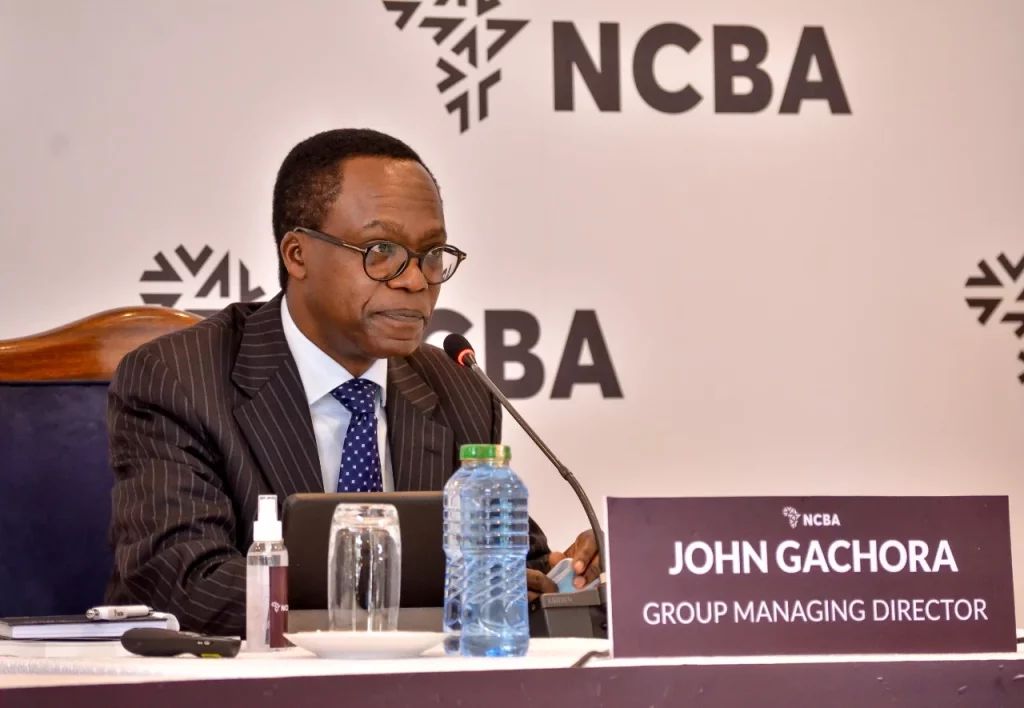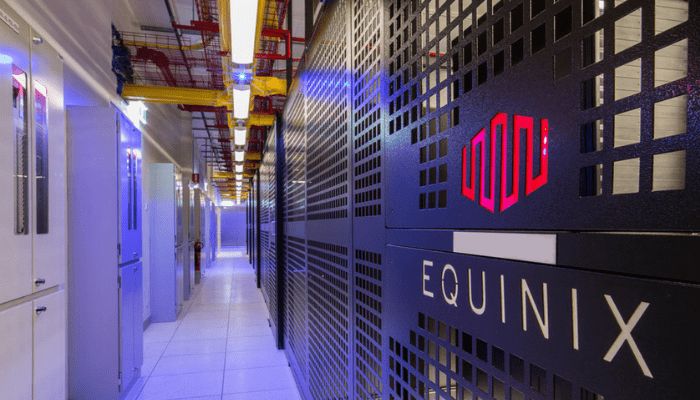Cooling technology company Sure Chill has secured £4 million Series A investment from Africa-focused VC, Novastar Ventures and London-based VC, The Garage Soho. This round of investment will enable Sure Chill to accelerate the development of wider applications of its technology for the benefit of households and businesses on a global scale, starting in Africa. For Novastar Ventures, its investment in Sure Chill is the third from its second fund, Novastar Ventures Africa Fund II launched late last year.
“We see enormous potential to deploy the technology to serve the refrigeration needs of mass consumer and small business markets that are currently hindered by inconsistent and unreliable access to electricity,” Andrew Carruthers, Co-founder of Novastar Ventures said about the investment.
Sure Chill’s cooling technology harnesses a unique property of water to keep its vaccine and blood bank refrigerators cool for longer hours without power. In these refrigerators, medical supplies like vaccines or blood can last for ten days or more in ambient temperatures of 4°C preserving their integrity without making them inviable.
The first decade of the century saw remarkable advancement in preventive medicine with the release of a plethora of life-saving vaccines from rotavirus diarrhoea, meningitis, and pneumonia, to vaccines for human papillomavirus (HPV) infections that cause cervical cancer. According to the World Health Organisation and the United Nations International Children’s Emergency Fund, as at 2011, just over 80% of the world’s children had access to immunization, as measured by coverage of the third dose of DTP (diphtheria, tetanus and pertussis) vaccine and an increasing number also able to access more new life-saving vaccines.
Currently, global vaccination coverage stands at 86% and has remained so for the past few years for a number of reasons including logistical challenges along the cold chain potentially hamper the efficacy of vaccines before they reach locations where they are needed the most. WHO estimates more than 50% of vaccines are wasted globally every year because of temperature control. Vaccines need to remain within a 2°C – 8°C temperature range from the site of manufacture until it reaches the healthcare worker who administers it.
Sure Chill’s technology capitalises on the ability of the frozen surface of a body of water to float while keeping the water underneath it cool for long periods of time as it circulates repeatedly. With some power, Sure Chill’s refrigerators adopt this mechanism keeping the contents of the refrigerator cool for up to ten days even in the tropics. 4,000 of Sure Chill’s refrigerators are now in use in 44 countries including Mali and the Democratic Republic of Congo since its launch in the market in 2011. The cooling technology is also being employed by global health organisations including UNICEF, Médecins Sans Frontières, Ministries of Health and many other key partners in global health with support from the Bill & Melinda Gates Foundation and the Shell Foundation. Last year Sure Chill joined the UK Prime Minister, Theresa May on a four-day trade mission to Africa meeting with leading businesses, policymakers and entrepreneurs in order to build new investment, trading and export ties between the UK and emerging markets.
With this round of investment, Sure Chill is adapting its technology to meet businesses and household needs, starting in Africa. This will particularly be of great benefit in countries where electricity supply is irregular or unavailable for long stretches of time or not at all, as these refrigerators can also be powered by solar energy sources.
“The funds will ensure we take the business to the next phase by successfully entering new markets and making Sure Chill a global brand,” says Nigel Saunders, CEO of Sure Chill.
Kate Methuen-Ley, Communications Manager at Sure Chill, told TechCabal that the company has the potential to scale its technology from refrigerator to shipping container to warehouse.
Sure Chill is now looking to expand its offering and enter new global markets, including beverage, logistics, domestic and data cooling, she said.
“We are in active discussions to use the technology with some of the world’s largest brands, partnering together to make use of our unique cooling tech in major commercial sectors,” Methuen-Ley.
Another vital application would be in the food and agriculture industry. The Food and Agriculture Organisation of the United Nations says the lack of reliable and adequate cold chain facilities in sub-Saharan Africa is one of the main causes of losses of perishable products, estimated to be about 25-30% for animal products and 40-50% for roots, tubers, fruits and vegetables. There are a number of startups operating in the food preservation cold chain in Africa from Nigeria’s Gricd Frij to Kenya’s InspiraFarms and Sure Chill will be potentially competing with these already existing services should it decide to play in agriculture. Nonetheless, the opportunities are immense in a sector that loses 1.3 billion tonnes of food annually while more than 820 million people go hungry.









